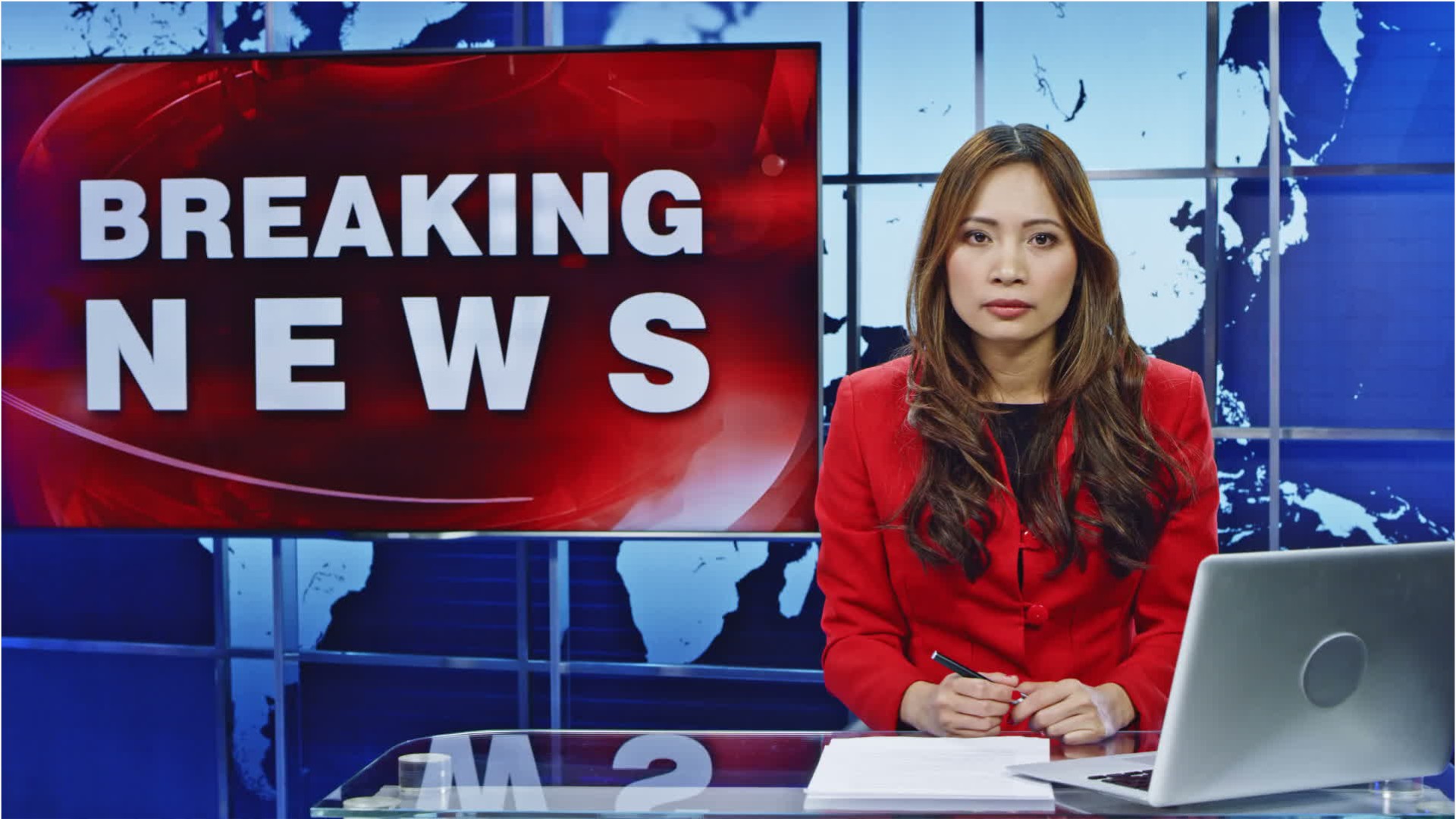News Analysts, Reporters, & Journalists
Anchor, News Anchor, News Reporter, Reporter
 Select a military branch to see samples.
Select a military branch to see samples.
Public Affairs; Public Affairs Apprentice; Public Affairs Craftsman; Public Affairs Helper; Public Affairs Journeyman
Chief Public Affairs NCO; Public Affairs Mass Communication Specialist; Public Affairs, General
Public Affairs Specialist; Public Information Specialty
Advanced Visual Information-Photojournalism Marine; Communication Strategy and Operations Chief; Communication Strategy and Operations Officer; Recruiting Station Marketing and Communication Marine
Broadcaster; Communication Director; Content Developer; Conversion NEC MC Mass Communications; Creative Director; Mass Communications Specialist; Multimedia Director/Producer; Photojournalist Journeyman; Press Officer; RL - Special Duty Officer (Public Affairs)
No similar titles were found.
What they do:
Narrate or write news stories, reviews, or commentary for print, broadcast, or other communications media such as newspapers, magazines, radio, or television. May collect and analyze information through interview, investigation, or observation.
On the job, you would:
- Write commentaries, columns, or scripts, using computers.
- Coordinate and serve as an anchor on news broadcast programs.
- Examine news items of local, national, and international significance to determine topics to address, or obtain assignments from editorial staff members.
Knowledge
Arts and Humanities
- English language
Communications
- multimedia
- telecommunications
Safety and Government
- law and government
Engineering and Technology
- computers and electronics
Skills
Basic Skills
- talking to others
- reading work related information
Problem Solving
- noticing a problem and figuring out the best way to solve it
Social
- understanding people's reactions
- changing what is done based on other people's actions
Abilities
Verbal
- communicate by speaking
- communicate by writing
Ideas and Logic
- make general rules or come up with answers from lots of detailed information
- notice when problems happen
Attention
- pay attention to something without being distracted
Personality
People interested in this work like activities that include creating, designing, and making your own rules.
They do well at jobs that need:
- Initiative
- Adaptability
- Innovation
- Social Orientation
- Achievement Orientation
- Intellectual Curiosity
Technology
You might use software like this on the job:
Video creation and editing software
- Adobe After Effects
- YouTube
Data base user interface and query software
- Microsoft Access
- Microsoft SQL Server
Web page creation and editing software
- Facebook
- WordPress
Education
Education: (rated 4 of 5)
Job Outlook
Below Average
New job opportunities are less likely in the future.
Explore More
- Broadcast Announcers & Radio Disc Jockeys
- Editors
- Poets, Lyricists & Creative Writers
- Producers & Directors
- Writers & Authors
You might like a career in one of these industries:
See more details at O*NET OnLine about News Analysts, Reporters, & Journalists.





